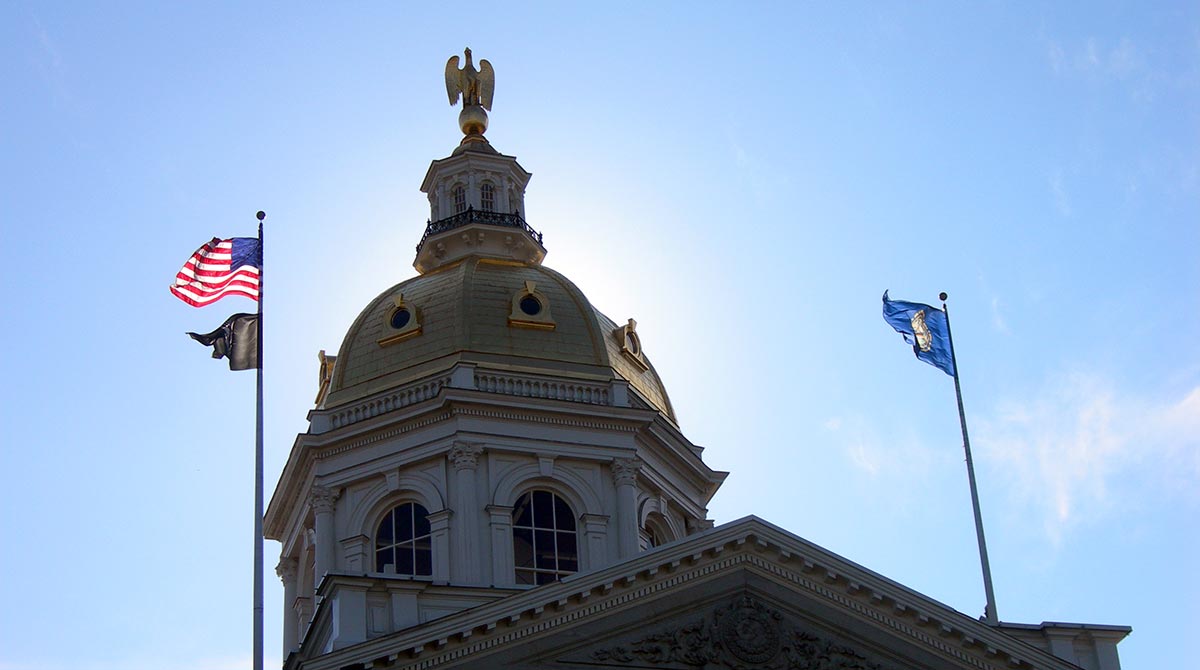New Hampshire State House Compromise Reached on Infrastructure Bills

While legislative leaders and New Hampshire Gov. Chris Sununu continue to try and resolve a two-year state budget, bipartisan consensus has been reached on making significant improvements to the state’s ailing infrastructure.
Last week, the state Senate agreed with the House of Representatives on final amendments to send $38 million from last year’s budget surplus back to cities and towns for road and bridge work. The state Department of Transportation will spend $6.8 million on municipal bridges with “red-listed” spans taking priority; the rest will be sent directly to communities.
Sununu had proposed in his state budget last February to use surplus money to create an infrastructure fund and create a committee to approve spending projects.
Instead, the final compromise (SB 38) has the $30 million going back to cities and towns based on the same formula, which gives 12% of gas tax revenues back to local communities.
Under that formula, half of a community’s share of the money is based on its population and the other half based on the relative number of road miles in that town or city.
Lawmakers last week also wrapped up a second bill (SB 57) to begin spending from a $250 million Drinking Water and Groundwater Trust Fund that allows businesses with contaminated well water to get state loans to tie into public water supplies.
“Access to clean water is a growing issue that we need to be intently focused on because of the implications it has for public health and also business and jobs growth in this state,” said Senate President Chuck Morse, who came up with the idea of the fund in 2016 using proceeds from a settlement with Exxon Mobil over MtBE contamination of groundwater in the state.
The first major project — costing $5 million — will tie private water wells in Amherst that were contaminated with PFOAs into the Pennichuck Water Works system.
“Water is a most precious resource, and we must do whatever we can to mitigate contamination issues while protecting clean water resources for our future,” said Senate Majority Leader Jeb Bradley.
During a recent interview, Morse said he was determined to separate both proposals from the ongoing and protracted debate over a two-year state budget. House and Senate Democratic leaders embraced both proposals.
“What I’m talking about clearly has bipartisan support, it’s that part of my state budget proposal I believe that folks universally got behind because it creates jobs, stimulates the economy and often meets a long overdue need in the community,” Sununu said.




